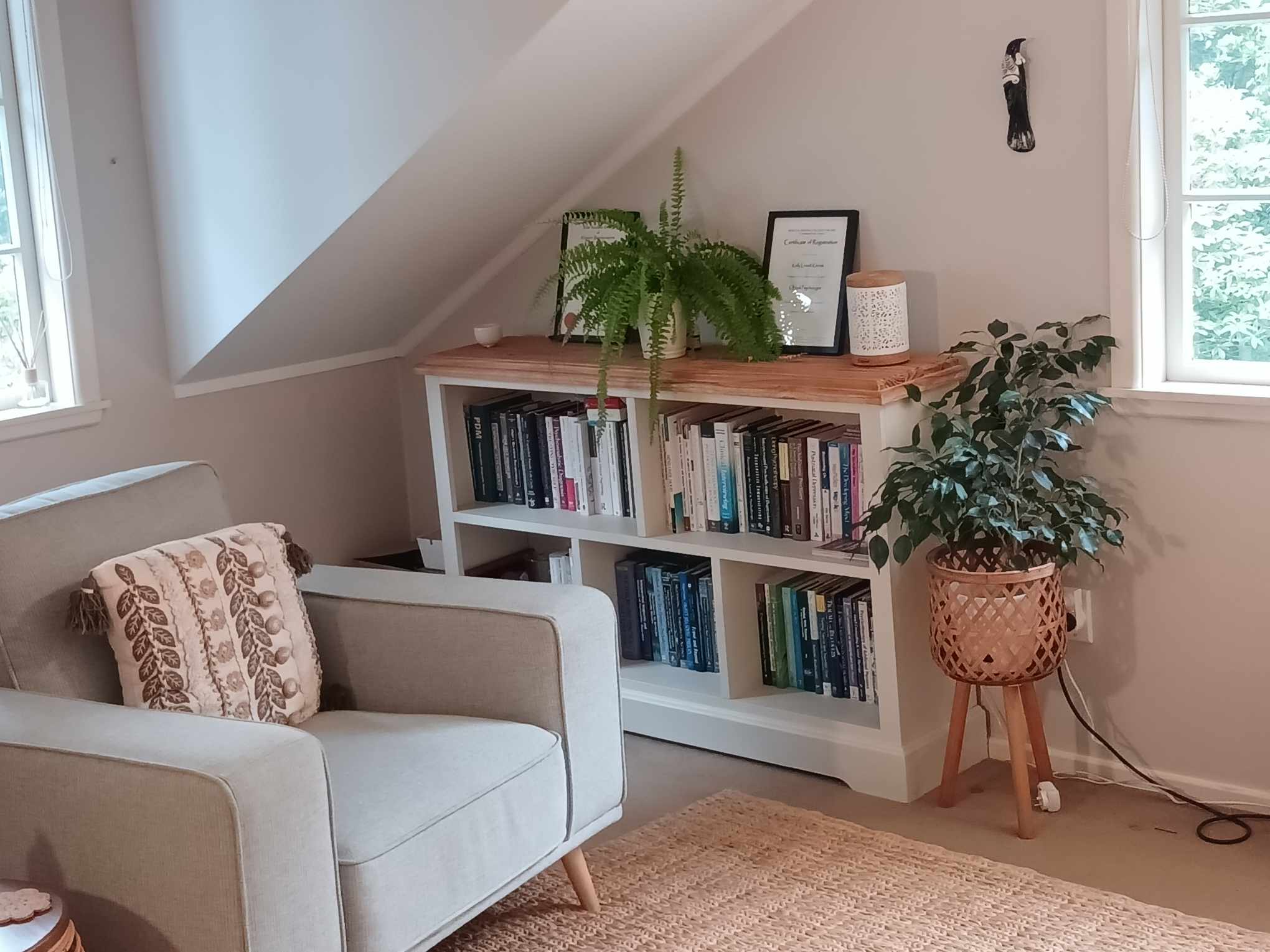“Therapy is a gift. It is a chance to finally be heard, understood, and supported”
-bessel van der kolk
Psychotherapy and Counselling
Psychotherapy
While for some people addressing a specific problem or symptom may be sufficient (see information on Counselling below), many clients want to address chronic problems, change unhelpful ‘core beliefs’ or patterns and bring about lasting changes through the gradual process of the therapeutic relationship. Others may want to embark on a journey of self discovery, personal development, and healing of Trauma. If you are wanting to undertake this more in-depth and gradual work then Psychodynamic Psychotherapy is recommended.
My primary treatment approach is Psychodynamic Psychotherapy (a form of Depth Psychology), which is a powerful, evidence based treatment for emotional discomfort or Mental Health concerns, an avenue for self-discovery, and a means towards enhancing relationships with others and the world. While Brief Counselling focuses on a specific problem or symptom, Relational Psychodynamic Psychotherapy values self awareness and aims to address the patterns underlying your emotional suffering and assist you to move toward greater psychological balance and integration. Long-Term Psychotherapy (lasting from several months to a few years) can bring about lasting change. People often commence Psychotherapy to address mental health, interpersonal, emotional, or behavioural concerns, or to embark on a journey of personal growth, self awareness, and healing.
Relational Psychodynamic theory assumes that our personalities are shaped by developmental stages, by attachment to other people or places, by separations, trauma and losses, and by both real and 'internalized' relationships with significant others. What happens when we are infants, children, adolescents, and young adults affects the way we see the world, the defenses or coping strategies we use, the types of relationships we have, and the way we feel about ourselves, the world, and others. In Psychodynamic Psychotherapy I aim to understand your unique inner experience in its social/interpersonal context, and respond with empathy and genuine presence. We will mutually explore your past and present experiences and relationships and start an ongoing dialogue to develop understandings about your patterns. As new understandings and experiences occur within the therapeutic relationship, healing takes place and positive changes become possible.
Considerable research supports the efficacy of Psychodynamic Therapy. If you like to read research studies, you can download a recent review article on the efficacy of Psychodynamic Therapy here.



Counselling
Brief Therapy or Counselling usually lasts for between 8-20 sessions and target a particular symptom or problem. Various approaches are used including Cognitive Behavioural Therapy (C.B.T), Mindfulness Based approaches, Time Limited Dynamic Psychotherapy (TLDP), and Motivational Interviewing. Often these approaches will be integrated into therapy sessions depending on your needs. For more information on these types of therapy please see below:
Cognitive Behavioural Therapy (CBT)
CBT works with our thoughts, feelings/emotions, behaviours, and physiological responses. It is based on the idea that thinking or belief patterns can effect emotional or mental health. It uses a collaborative relationship whereby we work together to address the presenting problem. Between sessions, "homework" is often undertaken to help you apply these skills to life.
Solution-focused CBT is particularly suited to addressing issues such as Anxiety, Phobias, Depression, Relationship, and Anger problems. There are many new models of Therapy that are broadly Cognitive Behavioural, and some are more suited for certain issues or people e.g. Mindfulness based approaches, Dialectical Behaviour Therapy (DBT) or Acceptance & Commitment Therapy (ACT).
Time Limited Dynamic Therapy
A short-term Psychodynamic approach incorporating recent developments from Interpersonal, Object Relations and Self Psychology theories, as well as some Cognitive Behavioural elements. Compared to longer-term psychotherapy it is more focused, and the therapist is more 'active' in sessions. While your early experiences are seen as important, therapy has a more 'here-and-now' focus and your strengths are emphasised. Assessment often includes looking at your expectations of others and your perceptions of yourself.
Establishing a key therapeutic focus based on recurrent interpersonal themes (Cyclic Maladaptive Patterns) is also important, to ensure sessions are most effective. The goal of TLDP is to help you change unhelpful dynamics by fostering new experiences and understandings within the therapeutic relationship.
Motivational Interviewing
Motivational interviewing (MI) is a semi-directive, client-centered counselling style for bringing about changes in behaviour by helping clients explore and resolve ambivalence (Miller & Rollnick, 1995, p. 325).
Compared with non-directive counselling, it is more focused and goal-directed. Motivational Interviewing is particularly useful for issues of Addiction and overcoming unhealthy or destructive behaviours through examining issues, values, goals, and eliciting personal reasons and methods for change.
